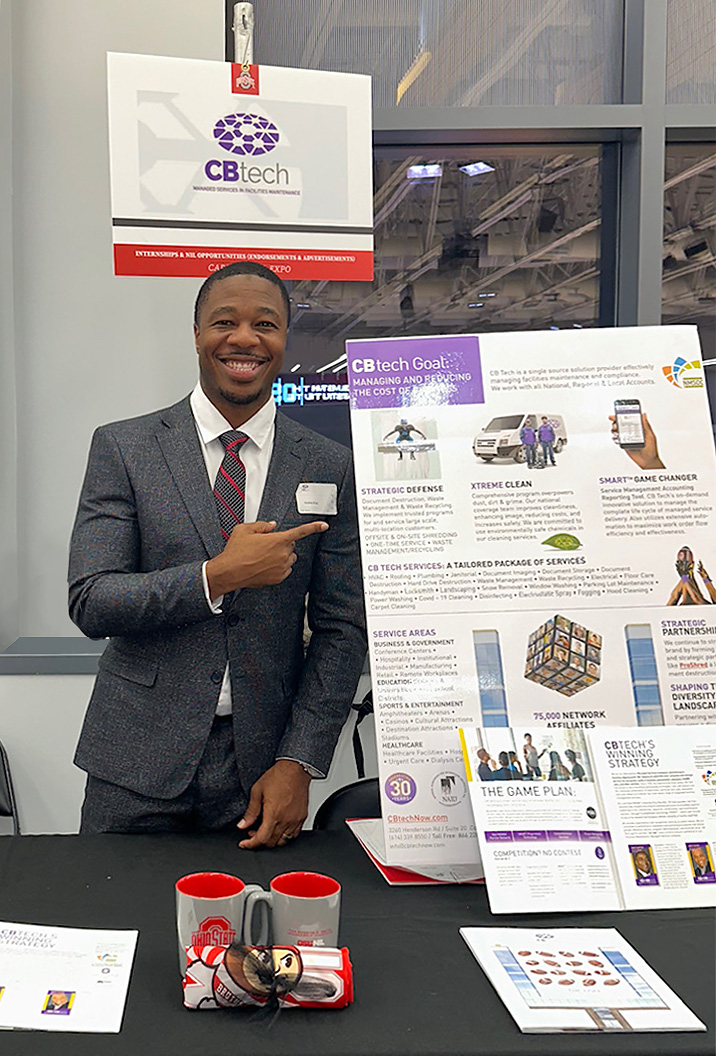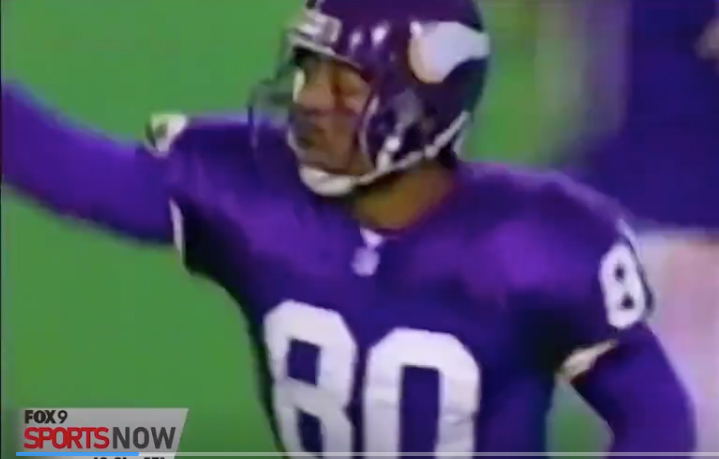Jarrett Bell / USA TODAY / May 23, 2020
Cris Carter is on the phone, asking for help – for others.
“This pandemic is a wicked event,” the Hall of Fame receiver told USA TODAY Sports this week, warming to his theme. “We just can’t go through it and act as if we don’t care. Everyone can have some type of impact.”
Carter, 54, is one of several “Gold Jackets” supporting Project Isaiah, a charitable organization established during the coronavirus pandemic to provide free, boxed meals to people in need and keep food-service workers employed. The brainchild of investment banker Michael Klein, the project since its launch in April has provided more than 1.7 million meals in 11 cities with underserved communities that have been hit particularly hard by the COVID-19 crisis.
Klein hired The Gate Gourmet, one of the largest airline food providers, to prepare and package meals at their airport kitchens. The meals are then distributed by more than 200 community service organizations. Klein also sought support from David Baker, executive director of the Pro Football Hall of Fame, who took the matter to the Hall’s board of directors, which immediately gave the green light to become a partner.
“We are more than a museum,” Baker told USA TODAY Sports. “We talk a lot about the concept of team, of helping each other out. Project Isaiah is consistent with our values.”
Carter has done a PSA for the project on Facebook, asked other Hall of Famers for help, called on business contacts to donate and conducted interviews to raise awareness.
“If you donate $100, you can feed a family for a week,” he said.
For Carter, the project resonates in more ways than one. He grew up with six siblings in a single-parent household headed by his mother in Dayton, Ohio. He remembers what it felt like to go hungry when there was no pandemic, just scant resources.
“It touches me personally because I don’t know what my family would have done 30, 40 years ago if there had been a pandemic,” Carter said.
“If I was a young kid sitting around all day and my mom couldn’t go to work and we couldn’t go to school, it would have been tough. I was going to school for at least two of my meals.”
Devon Spurgeon, the Washington, D.C.-based communications specialist who is running Project Isaiah, praised the Hall of Famers’ overall efforts. She said Carter is also helping remove the stigma that some may associate with people receiving assistance.
“He is giving voice to feelings that can be so difficult to describe,” she said.
Carter certainly has a sense of what life can be like for many people receiving the meals, with already tight resources stretched by the economic effects of the pandemic.
“You have people who have struggled but have been doing it the right way trying to dig out of poverty,” Carter said.
“Then something like this happens, it can throw them right back into poverty. Why wouldn’t we care? People need support.”
Donations can be made online at Isaiah.org. Baker said the charity is run by volunteers, ensuring that money raised will be used directly for the purpose of providing meals.
“We’re trying to bring any type of visibility,” added Carter, who has joined the NFL’s operations department as an ambassador since parting with FS1 in November from his former role as a host/analyst. “People are looking for things they can do to get involved and help, while you can’t be mobile because of social distancing. I’d love to go down with Gate Gourmet and pass out meals. But for now, it’s a matter of raising awareness and raising resources.”
The project, named for a passage in the Bible from the book of Isaiah, has provided 350,000 meals per week, according to organizers. The 11 markets: Atlanta, Boston, Chicago, Detroit, Los Angeles, Miami, New Orleans, New York, Philadelphia, San Francisco and Washington, D.C.
Food has been distributed to nursing homes, homeless shelters, domestic violence shelters, food banks, youth organizations and other entities. Front-line healthcare workers have also received meals.
In Detroit, for example, the project has worked with the city’s Parks and Recreation Department to provide 7,000 meals per week. Of that amount, 4,000 per week have gone to individuals who tested positive for COVID-19 and who receive several days’ worth of meals that help facilitate shelter-in-place measures. The project also has provided drive-through meal distribution, which can help limit risks of spreading the virus.
“As Gold Jackets, we’ve been leaders at all levels,” Carter said. “This is just another way to give something back. We all have a voice. We can use it either for a positive or a negative.”




